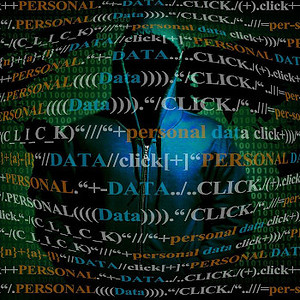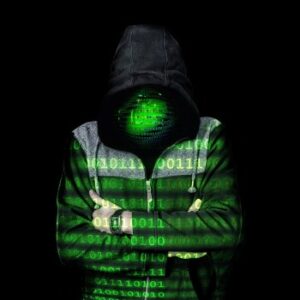Malware in the manufacturer's package: attacks on Linux systems
The free “Free Download Manager” distributed a backdoor Trojan to Linux operating systems for at least three years. A supply chain attack is suspected. Sensitive user data was also accessed. Kaspersky has discovered a new malicious campaign targeting Linux. Once a system is infected, attackers can steal sensitive information such as system details, browsing history, saved passwords, cryptocurrency wallet files, and even login credentials for cloud services such as Amazon Web Services or Google Cloud. Infection when downloading from the official manufacturer's website According to Kaspersky analyses, the attacks with the infiltrated application file on Linux systems took place over at least...








